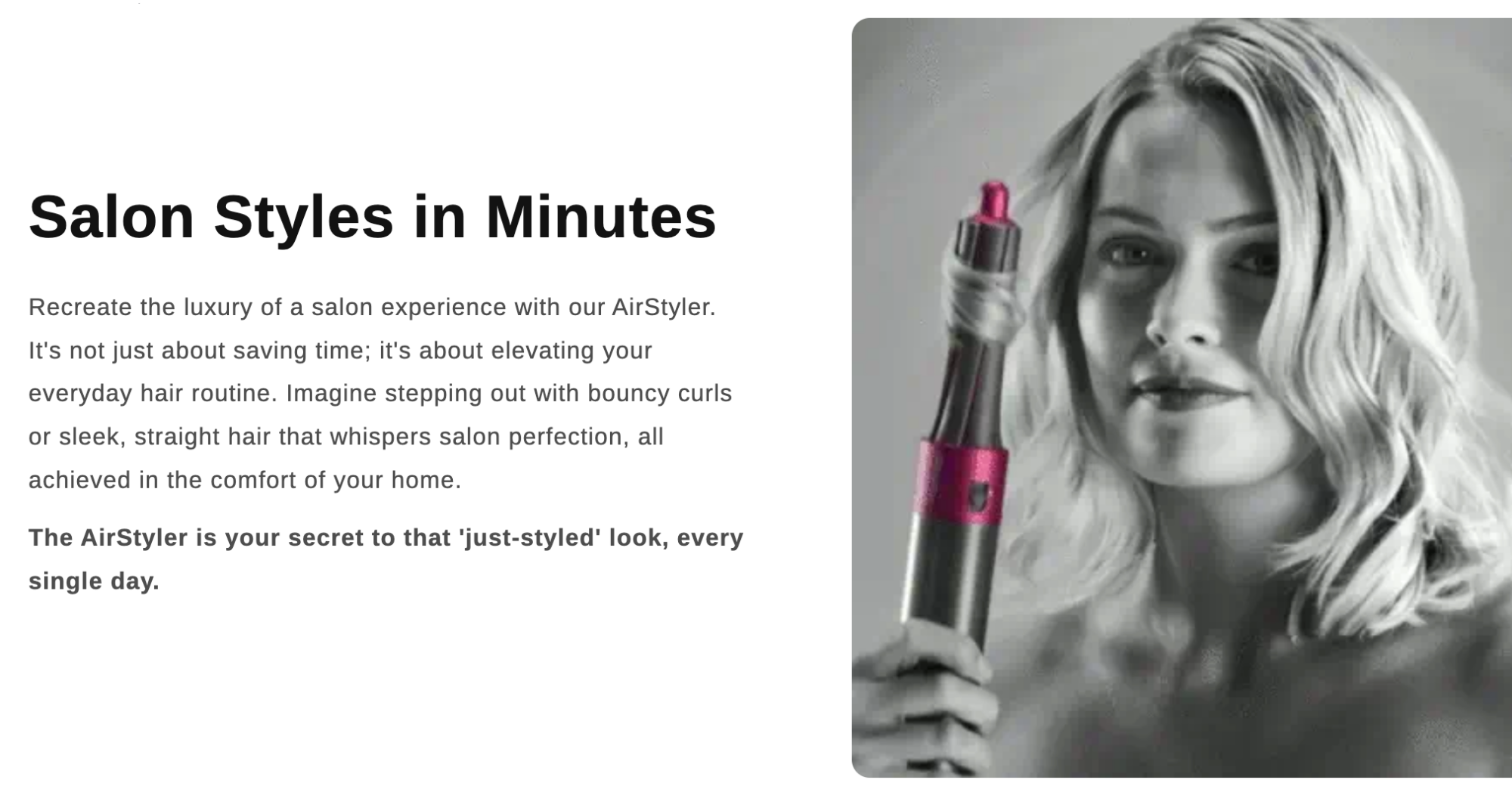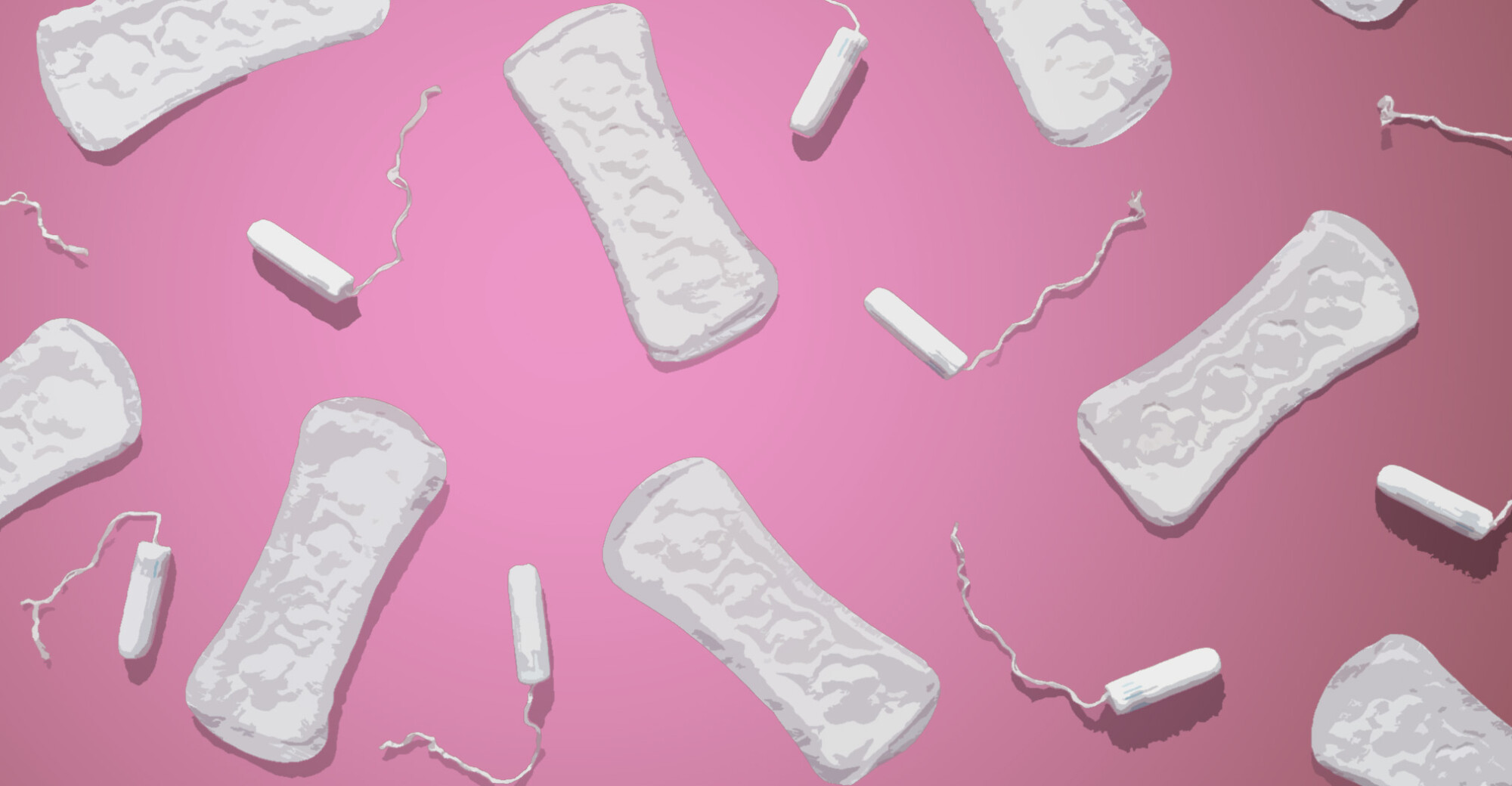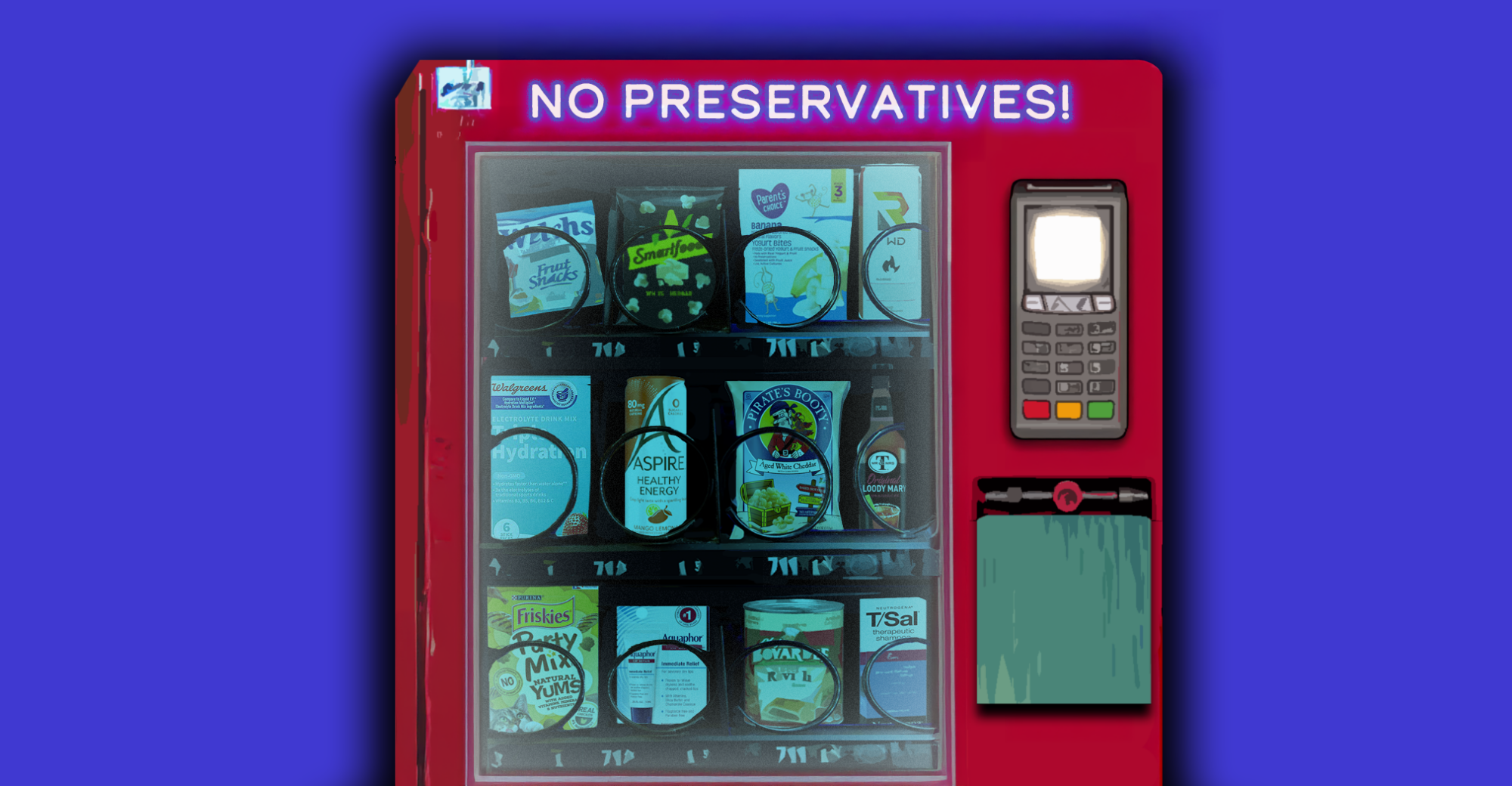
Magic Styler’s Refund Policy
This risk-free trial might have you pulling your hair out.
July 2014: A federal judge granted the company’s motion to relate the two similar cases.
June 2014: Bumble Bee moved to relate this case to another similar case (Garrett v. Bumble Bee) after the plaintiffs refiled their claims in California state court.
March 2014: This case was voluntarily dismissed When a complaint is dismissed with prejudice, it cannot be refiled., the reasons for which have not been disclosed.
January 2014: A federal judge eliminated some false labeling and advertising claims made against Bumble Bee Foods in a class-action lawsuit filed against it in April 2012. In granting part of the company’s motion for summary judgment, the judge decided that two of the claims must go, while two claims can still be pursued by the plaintiffs. The two claims that were eliminated were:
The judge decided that the named plaintiff did not have standing (i.e., a proper basis) to sue on these claims because she did not allege or show any evidence that she even read the claims before purchasing the products.
The other two claims made against Bumble Bee Foods will move forward, however. Those claims both relate to the company’s use of the terms “excellent source” and “rich in” when referring to the levels of Omega-3 in its products.
(Ogden et al v. Bumble Bee Foods, LLC, Case No. 12-cv-01828, N. D. CA.).
To see other class-action lawsuits and more of TINA.org’s coverage regarding the marketing of seafood products such as tuna, click here.
This risk-free trial might have you pulling your hair out.
New earnings claim rule comes three years after TINA.org comment to FTC.
How negative feelings surrounding menstruation have influenced period product marketing.
Why these products may leave you wanting more.
Class-action lawsuits target preservative-free claims.



